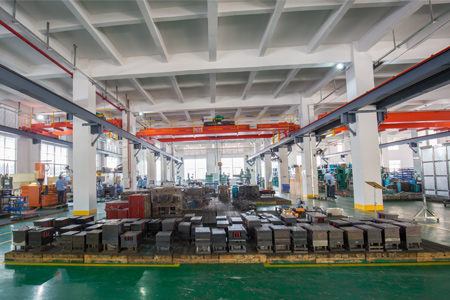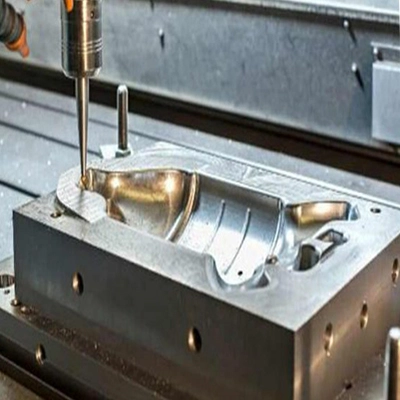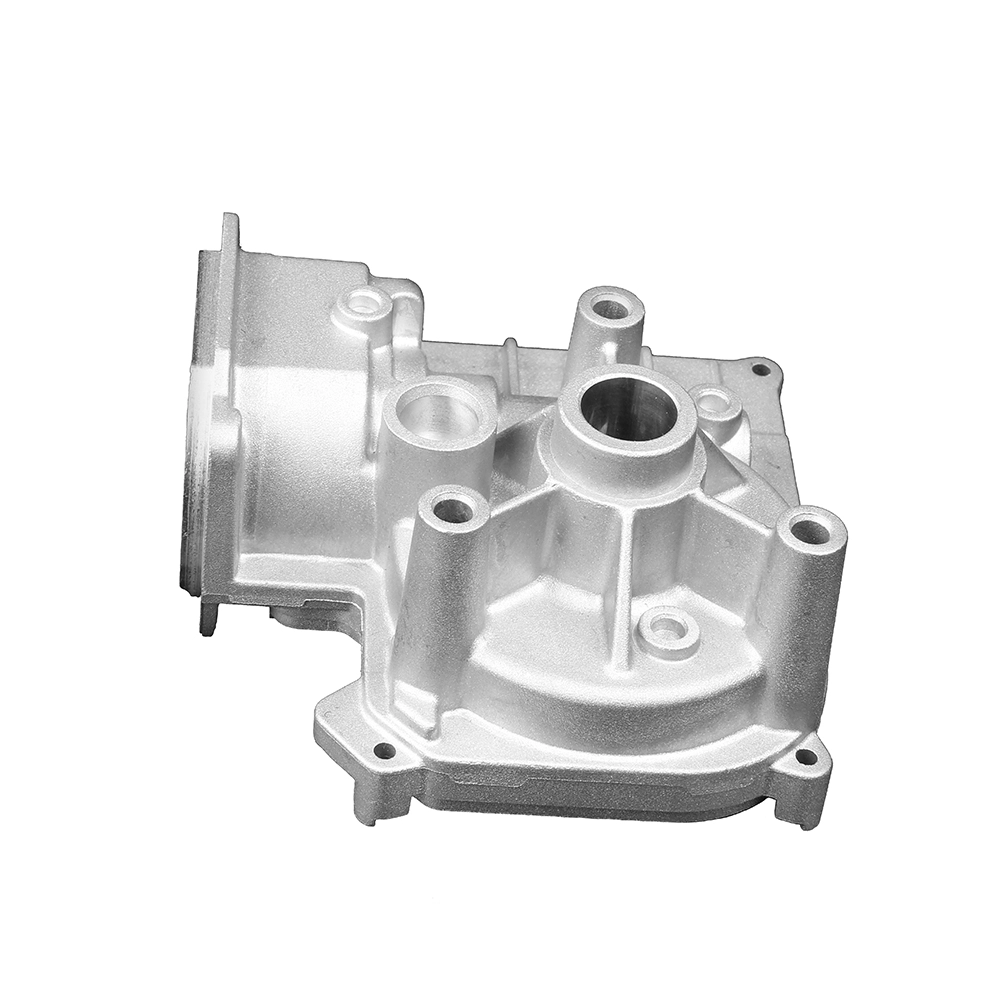

Aluminum die casting has emerged as a vital process in the automotive industry, revolutionizing the manufacture of several critical components. One of the key factors behind the success of this process is high-quality tooling. In this blog post, we will explore the significance of aluminum die casting tooling and its impact on automotive applications.
Aluminum die casting tooling refers to the molds and dies used to shape and form molten aluminum during the die casting process. These tools are carefully designed and manufactured to ensure precision and accuracy in the final products. The quality of the tooling directly impacts the overall efficiency, reliability, and cost-effectiveness of the die casting process.
Superior Strength and Lightweight Design
One of the prime reasons why aluminum die casting tooling is widely used in automotive applications is its ability to produce components with superior strength-to-weight ratio. Aluminum alloys possess excellent mechanical properties, making them an ideal choice for creating lightweight yet sturdy automotive parts. The tooling ensures that these characteristics are reflected in the finished products, contributing to enhanced performance and fuel efficiency.
Complex Geometries and Intricate Designs
Aluminum die casting allows for the production of components with intricate geometries and complex designs that are difficult to achieve through other manufacturing processes. The tooling plays a crucial role in shaping these complex structures, ensuring that every detail is accurately captured. This enables automotive manufacturers to create innovative designs without compromising on functionality or reliability.
Cost-Effective Mass Production
Aluminum die casting is a highly efficient process for mass production, enabling automotive manufacturers to meet the increasing demand for vehicles at a reasonable cost. The tooling ensures consistent and repeatable production of components, reducing the chances of defects or variations. This leads to better quality control and lowers overall production costs, making aluminum die casting a cost-effective solution for the automotive industry.
Material Selection
The choice of materials for tooling significantly impacts its durability and performance. High-quality tooling materials, such as steel alloys, ensure longevity and reduce the wear and tear caused by the molten aluminum during the casting process.
Precision and Tolerance Levels
Accurate tooling designs and tight tolerance levels are critical for producing high-quality automotive components. The tooling must be capable of producing parts within the required specifications to avoid functional issues or assembly problems in the final product.
Aluminum die casting tooling plays a crucial role in the success of the automotive industry. It enables the mass production of high-quality, lightweight components with complex designs, contributing to improved performance and fuel efficiency. By carefully selecting materials and ensuring precision in design and tolerance levels, automotive manufacturers can harness the full potential of aluminum die casting tooling. As technology advances, we can expect further advancements and innovations in this field, providing even more casting solutions for the automotive industry.
In summary, the impact of aluminum die casting tooling in automotive applications cannot be overstated. Its ability to produce strong, lightweight components with intricate designs and cost-effective mass production makes it an indispensable solution for automakers worldwide. With continuous advancements in tooling technology, the future holds even greater possibilities for the automotive industry.


